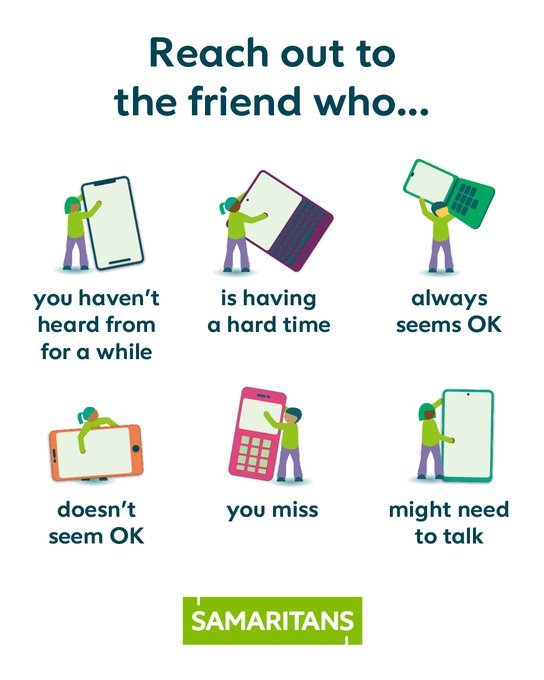Suicide is a quiet epidemic.
Among young people aged 15-29, suicide was the fourth leading cause of death after road injury, tuberculosis and interpersonal violence. More than twice as many males die due to suicide as females (12.6 per 100 000 males compared with 5.4 per 100 000 females). Suicide rates among men are generally higher in high-income countries (16.5 per 100 000). For females, the highest suicide rates are found in lower-middle-income countries (7.1 per 100 000).
Bullying
There have been 2 cases of young children in the US killing themselves because of bullying recently.
Sammy Teuch was only 10 years old and was bullied over his glasses and teeth. His obituary is heartbreaking: “he was quick to make friends, knew no stranger, meant no harm to anyone, never sat still, had the biggest heart along with the best smile…Sammy was loved by all, thoroughly embraced hugs, and had big plans for the future.”
Flora Martinez was 12 years old. Her Dad, Roberto, noted the bullying was "months and months...of torment that built up." A former classmate described Flora as being a kind and caring individual. "She was so nice to everybody."
For victims, too, the boys experience direct experiences of bullying, such as physical aggression, and girls are more involved in situations of indirect violence, such as malicious gossip.
Another article that reviews integrates empirical findings on the risk factors associated with bullying and peer victimization in schools, found that many studies report that boys are in general more likely to engage in bullying than girls, and boys are commonly victims and perpetrators of direct forms of bullying, while girls experience indirect bullying.
Specifically, on the prevalence of bullying in the locale studied, a study conducted in northern Portugal with a sample of 360 public school students (53.3% boys and 46.7% girls, with an average age of 12.36 years) identified an average rate of involvement in bullying situations in schools at 27.5% of students.
Another study, conducted in the north and south of the country with 4,092 students, aged between 10 and 16 years (53.1% boys and 46.9% girls), verified that in the north the rate of students who reported having bullied other students was 21.6% and 15.4 had intimidated their fellow students. In the South, 19.3% reported being bullied and 16.0 practiced bullying.
Obviously there are no quick solutions, but a recurrent theme is the lack of support or intervention from individuals & authorities. Many resources are available: a quick Google search can provide some ideas:
https://tacklebullying.ie/
https://sticksandstones.ie/
https://antibullyingcentre.ie/
https://www.stompoutbullying.org/
The most important thing is not to ignore the problem: if you cannot act, at least ask!
One support system has come from an…ah, unusual source! Bikers Against Child Abuse [BACA] is now an international organization supporting abused and bullied kids.
More information is at: https://www.goodnewsnetwork.org/bikers-offer-support-to-kids-escaping-child-abuse/ and a 3-minute introductory video below:
Adults
Suicide is more frequent in adults and is about double the incidence in men, than women.
If you suspect a problem, please reach out — help them to get help.
Samaritans:
Kevin Hay
You can follow Kevin on 𝕏 / Twi𝕏 / Twitter @kevinhay77





